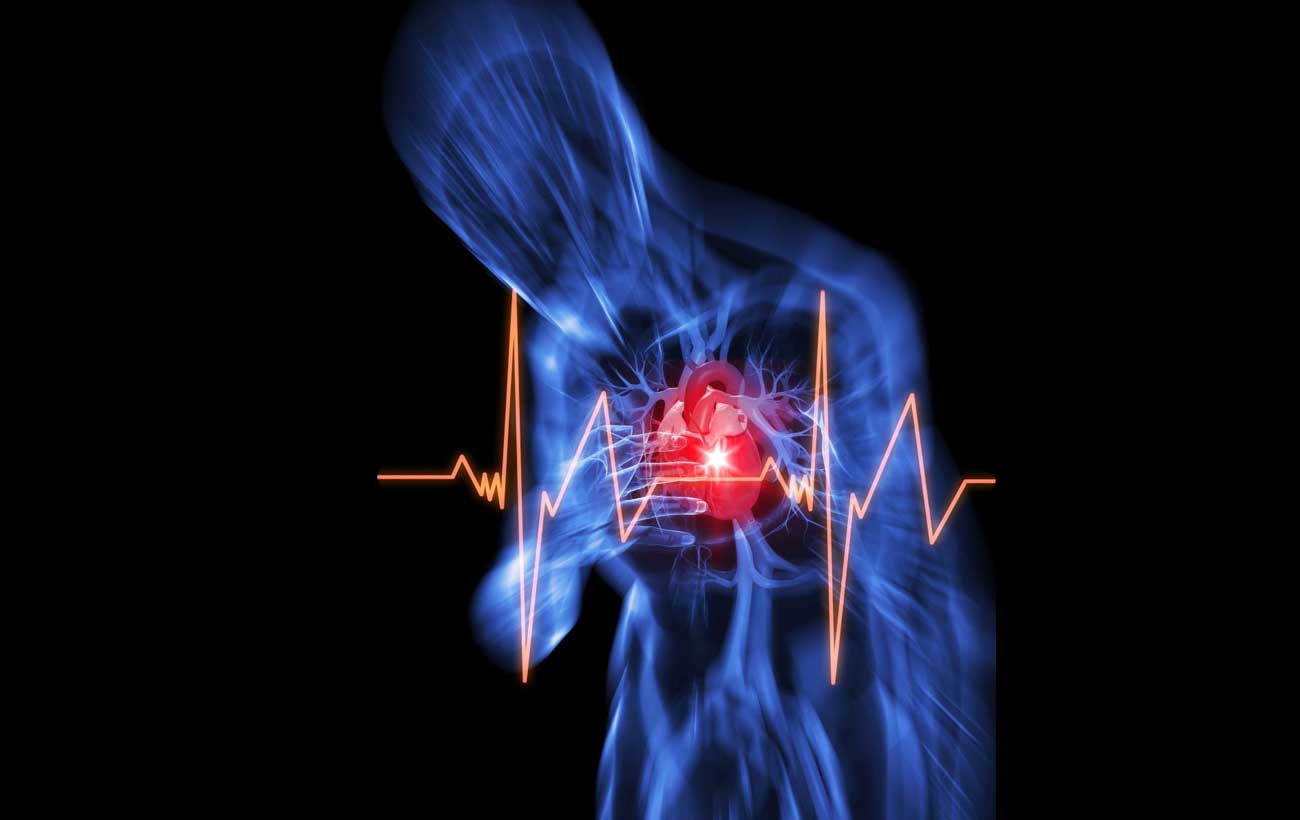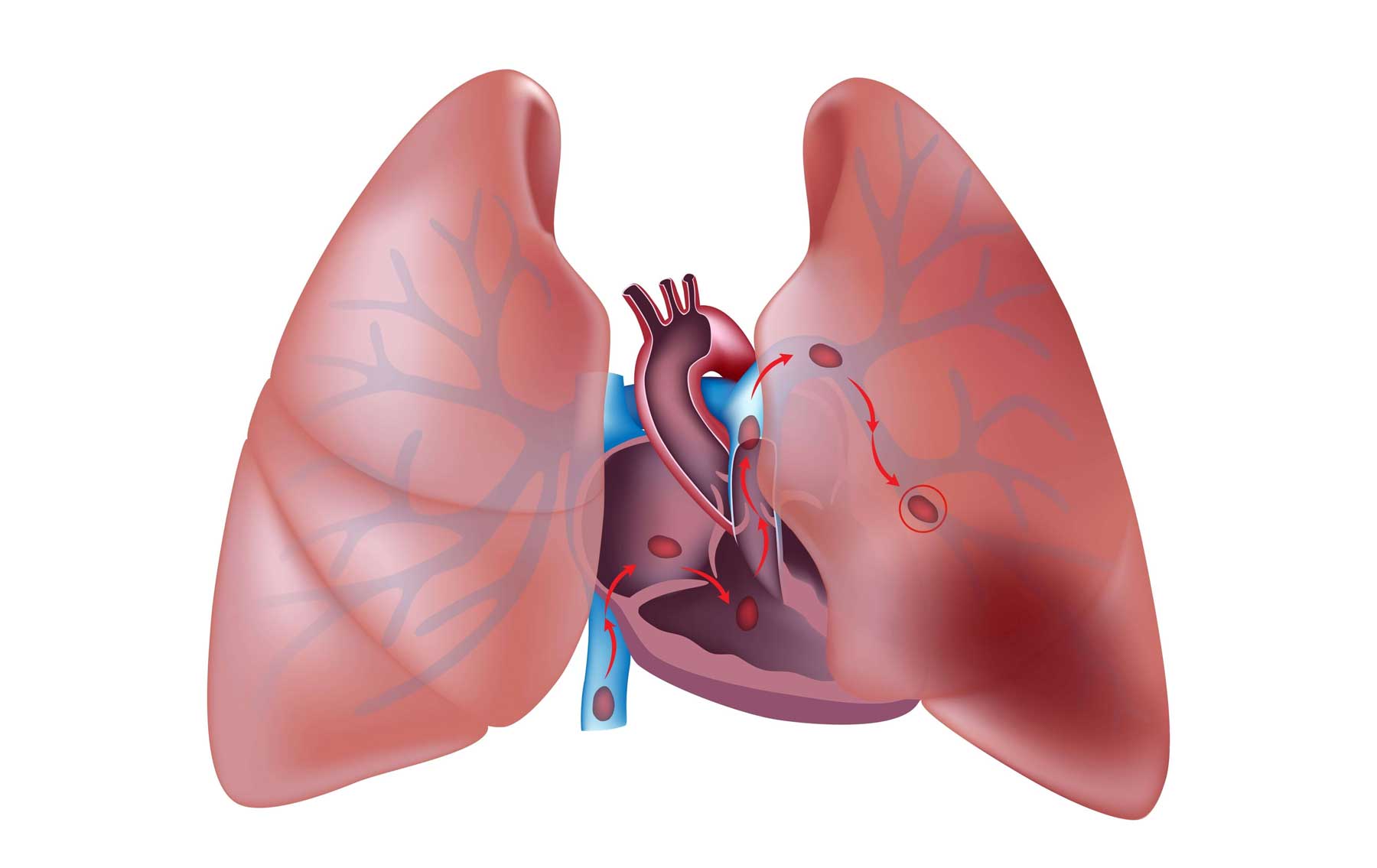Deep Vein Thrombosis Thrombosis is the formation of a blood clot (thrombus), which can partially…

Cardiac Arrest
Cardiac arrest means that the heart is beating ineffectively or has stopped beating. Possible causes of cardiac arrest include ventricular tachycardia (a rapid, ineffective heartbeat originating in the ventricles), ventricular fibrillation (a disorganized, ineffective attempt by the ventricles to contract), or cardiac asystole (cessation of heartbeat). When cardiac arrest occurs, the heart cannot beat effectively, the brain does not get enough blood, and loss of consciousness occurs immediately. Cardiac arrest in a person who seems healthy usually results from undetected heart disease. Cardiac arrest can begin with ventricular tachycardia and degenerate into ventricular fibrillation.
Treatments
If cardiac arrest is caused by ventricular fibrillation, the person’s heartbeat can often be restored with a portable defibrillator.
In people who have recurring episodes of ventricular tachycardia that does not respond to treatment with drugs, a device called an implantable defibrillator may be recommended. The device senses the onset of an arrhythmia and automatically provides a potentially lifesaving electrical shock to the heart muscle. Some implantable defibrillators also function as pacemakers.



